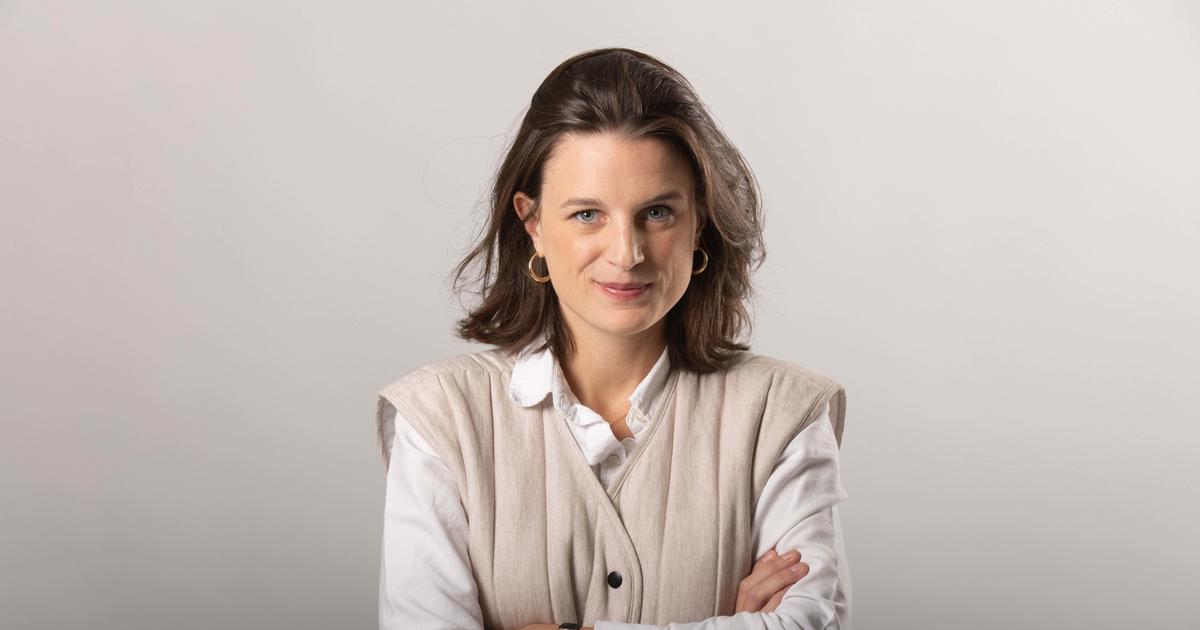Table of Contents
In Robert Kennedy Jr.’s long resume, the fact that he is the nephew of JFK, the former President of the United States, is undoubtedly the most valuable thing. Rudy Gobert, who welcomed his future appointment to the post of Secretary of State for Health, prefers to hold back his fight against additives in industrial food according to the confidences of one of his close friends to L’Équipe. A way to go back and try to put an end to the controversy. A habit among the French pivot.
Winning lawyer in a historic trial against the pharmaceutical firm Monsanto, Robert Kennedy Jr. has been best known in recent years for his anti-vaccine and conspiracy positions at the time of Covid-19. He had not expected this latest epidemic since in 2005 he, like others, made the link between vaccination and autism. Fighting restrictions on freedom, JFK’s nephew saw in the Covid pandemic the hand of governments in favor of the richest men on the planet.
The sad episode of Covid
When the rumor of a nomination by Donald Trump emerged, this is all that the American media talked about. Could Rudy Gobert ignore this entire part of the life of the one to whom he gave total support before the very vague explanations of one of his relatives? At least he should have twirled his thumb around his phone seven times if he didn’t want to appear to be encouraging a character as problematic as Robert Kennedy Jr..
This is not the first time that the Wolves pivot has had to make amends. There is obviously the sad episode of microphones when the Covid-19 pandemic had not yet brought the world and the NBA to a halt. Obviously not believing in possible contamination, Gobert, in a now infamous press conference, touched the microphones in front of him one by one in March 2020. Two days later, his frankness announced that he had tested positive and he apologized on Twitter, which became X after the takeover of the social network by Elon Musk.
The billionaire supporter of Donald Trump was, at the end of 2022, an indirect cause of a new controversy around Gobert and his X account. The Frenchman loves Musk, his entrepreneurial spirit and he had to, once again, backtrack after a like, arguing that he did not completely understand the boss of Tesla. In a somewhat enigmatic tweet, Elon Musk made fun of people who wanted us to use this or that pronoun to refer to them, those who change their sex or who no longer recognize themselves in the sex of their birth, attacking in passing the Doctor Fauci, the “Mr” Covid of the Trump administration in 2020.
“Censorship agenda” and “Orwellian control”
“My intention was never to hurt anyonethe person concerned defended himself. I think Elon tweets things like that and sometimes you like a tweet, but you don’t understand its full meaning…“.
Earlier the same year, when Musk had views on Twitter, Gobert responded to a tweet promoting conspiracy theories. This assured in clear terms that the owners of the social network preferred to see it disappear rather than lose their “censorship program“, understand selling it to the champion of freedom of expression, a certain freedom of expression, that is Elon Musk. “This shows how deeply committed they are to Orwellian control of global narratives and discourse“, wrote Cameron Winklevoss, one of the inventors of… Facebook. “An interesting time“, replied Rudy Gobert, also decidedly enigmatic when it comes to getting his ideas across.
In what ways has Rudy Gobert’s stance on pronoun usage changed, and what factors contributed to his support for Elon Musk’s views?
1. How do you think Robert Kennedy Jr.’s past experience as a winning lawyer in a historic trial against Monsanto Pharmaceuticals influenced his position on the relationship between vaccination and autism?
2. How has Rudy Gobert’s view on changes to pronoun usage evolved over time, and what influenced him to tweet in support of Elon Musk’s controversial comments on the matter?
3. Can you discuss the differences in opinion between Rudy Gobert and Cameron Winklevoss with regard to Twitter’s alleged “censorship agenda” and Orwellian control of global narratives?
4. As someone who has been outspoken about Covid-19 restrictions, what is your opinion on the role of governments and big tech companies in shaping public discourse during the pandemic?
5. Do you think it’s possible for someone in Rudy Gobert’s position as a public figure to maintain their personal beliefs while also considering the impact of those beliefs on their public image and the people who look up to them?
:focal(1418x255:1420x253)/origin-imgresizer.eurosport.com/2024/11/18/image-70b378c8-2bc8-4ed5-85b3-f0151f5007b5-85-2560-1440.jpeg)

